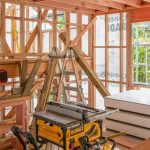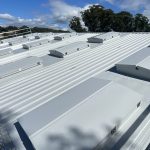Important Things to Know When Starting a Home Construction Project
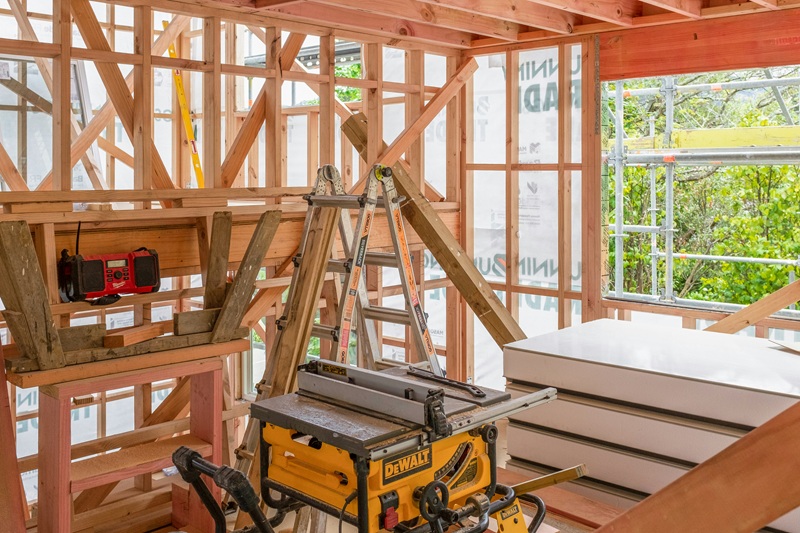
Building your own home is exciting, but let’s be honest—it can also feel overwhelming. There’s so much to think about, from choosing the right plot of land to picking out doorknobs. And unlike buying an existing house, you’re making decisions that will affect your daily life for years to come. The good news? With the right information and a solid plan, you can navigate the construction process with confidence. This guide will walk you through the essential aspects you need to know before breaking ground, helping you avoid common pitfalls and make informed decisions every step of the way.
Understanding Your Budget and Financial Planning
Creating a Realistic Construction Budget
Before you do anything else, you need to know what you can actually afford. And here’s where many first-time builders stumble—they underestimate costs. Your budget needs to cover way more than just bricks and mortar. You’re looking at land costs, materials, labor, permits, inspections, landscaping, driveways, and a dozen other things you haven’t even thought of yet.
A smart approach is to break everything down into categories. Set aside funds for site preparation, foundation work, framing, roofing, plumbing, electrical, finishes, and fixtures. But here’s the really important part: add a contingency fund of at least 10-15% of your total budget. Trust me, unexpected expenses will pop up. Maybe the soil conditions aren’t ideal, or you decide halfway through that you really do want that extra bathroom.
Financing Options for Home Construction
Getting money for a construction project works differently than a regular home loan. Most people need a construction loan, which releases funds in stages as your build progresses. Lenders will want to see detailed plans, a realistic budget, and proof that you’re working with licensed builders.
The approval process takes time, so start early. You’ll need to provide more documentation than a standard mortgage, and the bank will probably send inspectors to verify that work is actually completed before releasing each payment. Once construction is finished, many people refinance into a traditional mortgage with better rates.
Choosing the Right Location and Site Preparation
Evaluating the Building Site
Location isn’t just about the neighborhood—it’s about what’s underneath and around your property too. Before you commit to a block of land, you need to understand what you’re working with. Soil testing is crucial because different soil types affect what kind of foundation you’ll need and how much it’ll cost.
Think about drainage too. Is your site on a slope? Does water pool after rain? These factors matter because poor drainage can cause serious problems down the line. You also want to check access to water, sewerage, electricity, and internet. Connecting to utilities on a remote block can add tens of thousands to your budget.
Foundation Considerations for Long-Term Durability
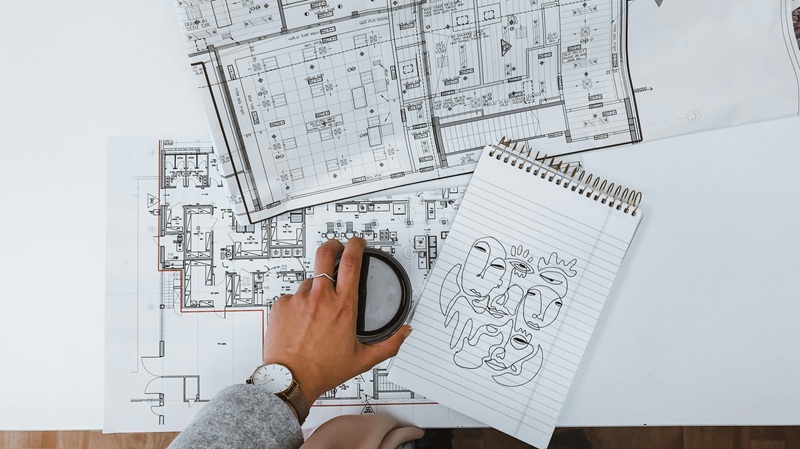
Your foundation is literally what everything else sits on, so this isn’t the place to cut corners. Different climates and soil conditions require different approaches. Some areas work fine with a concrete slab, while others need deeper foundations or special engineering.
One decision that really impacts your long-term comfort and energy bills is thermal protection at the foundation level. Proper under concrete slab insulation makes a huge difference. It prevents heat loss through the floor, keeps your home warmer in winter and cooler in summer, and stops moisture from creeping up through the concrete. This isn’t just about comfort—it directly affects your heating and cooling costs for the entire life of your home. Many builders skimp here to save a few bucks upfront, but you’ll pay for it every month in higher energy bills. It’s one of those things that’s much harder and more expensive to fix later, so get it right from the start.
Working with the Right Professionals
Selecting Your Construction Team
Finding the right builder is like finding a business partner—you’ll be working together closely for months. Don’t just go with the cheapest quote. Check licenses, look at their previous projects, talk to past clients, and make sure they have proper insurance. A good builder will be happy to answer your questions and show you their work.
The same goes for architects, engineers, and contractors. Everyone on your team should be qualified, experienced, and someone you feel comfortable communicating with. Get everything in writing, especially the scope of work, timelines, payment schedules, and what happens if things go wrong.
Communication and Project Management
Clear communication prevents most construction nightmares. Decide upfront how often you’ll receive updates and who your main point of contact is. Visit the site regularly—not to micromanage, but to stay informed and catch potential issues early.
Keep records of everything: contracts, invoices, receipts, change orders, inspection reports, and even photos of each construction phase. This documentation protects you if disputes arise and helps with future renovations or repairs. When changes need to happen (and they will), document those too. A quick verbal “yeah, that’s fine” can lead to payment disputes later.
Timeline Management and Practical Logistics
Realistic Construction Timelines
If you’re thinking your house will be ready in three months, let’s adjust those expectations. A typical home construction takes anywhere from six to twelve months, and that’s if everything goes smoothly. Weather delays are real—you can’t pour concrete in heavy rain or work on roofing during storms.
Permit approvals can take weeks or even months depending on your local council. Factor in time for inspections at various stages too. Different trades need to work in sequence, so if one gets delayed, everything else gets pushed back. Build buffer time into your plans, and don’t commit to moving out of your current place until your new home is very close to completion.
Planning Your Transition
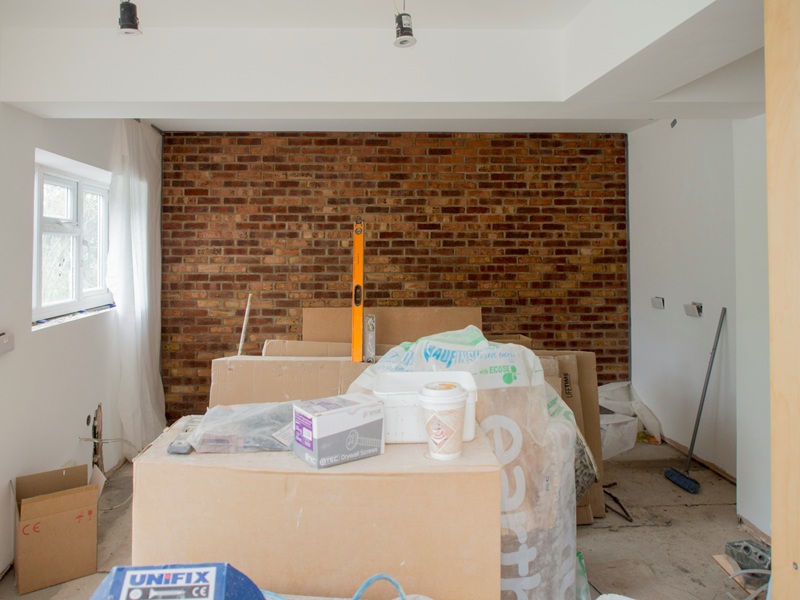
As your construction project nears the finish line, you need to think about the practical side of actually moving in. This is especially important if you’re building in a regional area or specific city where coordinating everything takes extra planning. Professional movers servicing Darwin city or your particular location can help time your relocation to match when you get practical completion. You want to coordinate moving your furniture and belongings with the final inspections and getting your occupancy certificate.
If your current lease is ending or you’ve sold your existing home, you might need temporary accommodation during those final weeks when the house is almost done but not quite ready. Don’t underestimate how long those finishing touches take—installing appliances, final painting, cleaning, and landscaping all happen at the end and can stretch out longer than expected.
Quality Control and Final Inspections
During Construction Checks
Don’t wait until everything’s finished to check if things are done properly. There are critical stages where you or a professional building inspector should be looking at the work. After the foundation is poured, once the frame is up, when plumbing and electrical are roughed in but before walls are closed up—these are all important checkpoints.
If something looks wrong or doesn’t match your plans, speak up immediately. It’s much easier to fix issues when walls are open than after everything’s covered with plasterboard. Take photos at each stage too. This helps if problems emerge later and you need to know where pipes or wiring are located.
Pre-Handover Inspection
Before you accept the keys, do a thorough walkthrough with your builder. This is called a pre-handover or defects inspection. Bring a checklist and actually test everything—open and close all doors and windows, run taps, flush toilets, test power points, check that finishes match what was agreed on.
Make a detailed list of anything that needs fixing. Most builders will have a period to rectify defects before final payment. Understand what’s covered under your builder’s warranty too. Different elements have different warranty periods, and knowing your rights protects you if issues arise after you move in.
Conclusion
Building a home from scratch is a journey that requires patience, planning, and attention to detail. From securing the right financing and choosing your site to working with qualified professionals and managing timelines, every decision builds on the previous one. The key is staying informed, asking questions when you’re unsure, and not rushing through important choices just to save time or money. Yes, it’s complex, but thousands of people successfully build their dream homes every year. With the right preparation and realistic expectations, you can too. The result—a home designed exactly how you want it—makes all the effort worthwhile.
FAQs
How long does it typically take to build a house from start to finish?
Most home construction projects take between six and twelve months from breaking ground to moving in. However, this timeline can vary significantly based on the size and complexity of your home, weather conditions, availability of materials and tradespeople, and how quickly permits and inspections are processed. Custom homes with unique features typically take longer than standard designs.
What are the most common mistakes first-time home builders make?
The biggest mistakes include underestimating the total budget and not including a contingency fund, choosing a builder based solely on price rather than reputation and quality, making too many changes during construction which increases costs, and not staying involved enough in the process. Many people also rush decisions about important features like insulation or foundation work to save money upfront, only to regret it later.
Should I hire a project manager for my home construction?
If you’re building a complex home, have a demanding job, or feel overwhelmed by the technical aspects, a project manager can be worth the investment. They coordinate between different trades, manage timelines, handle paperwork, and catch problems early. However, if you’re building a straightforward design with a reputable builder who offers strong communication and project management, you might not need one. Consider your own time, expertise, and stress tolerance when deciding.
How can I ensure my new home is energy efficient?
Energy efficiency starts with good design—proper orientation to maximize natural light and minimize extreme heat or cold, adequate insulation throughout including under the foundation, quality windows and doors with good seals, and efficient heating and cooling systems. Choose appliances with high energy ratings, consider solar panels if your budget allows, and ensure proper ventilation to prevent moisture issues. Many of these decisions are easiest and most cost-effective when made during the construction phase rather than trying to retrofit later.
























